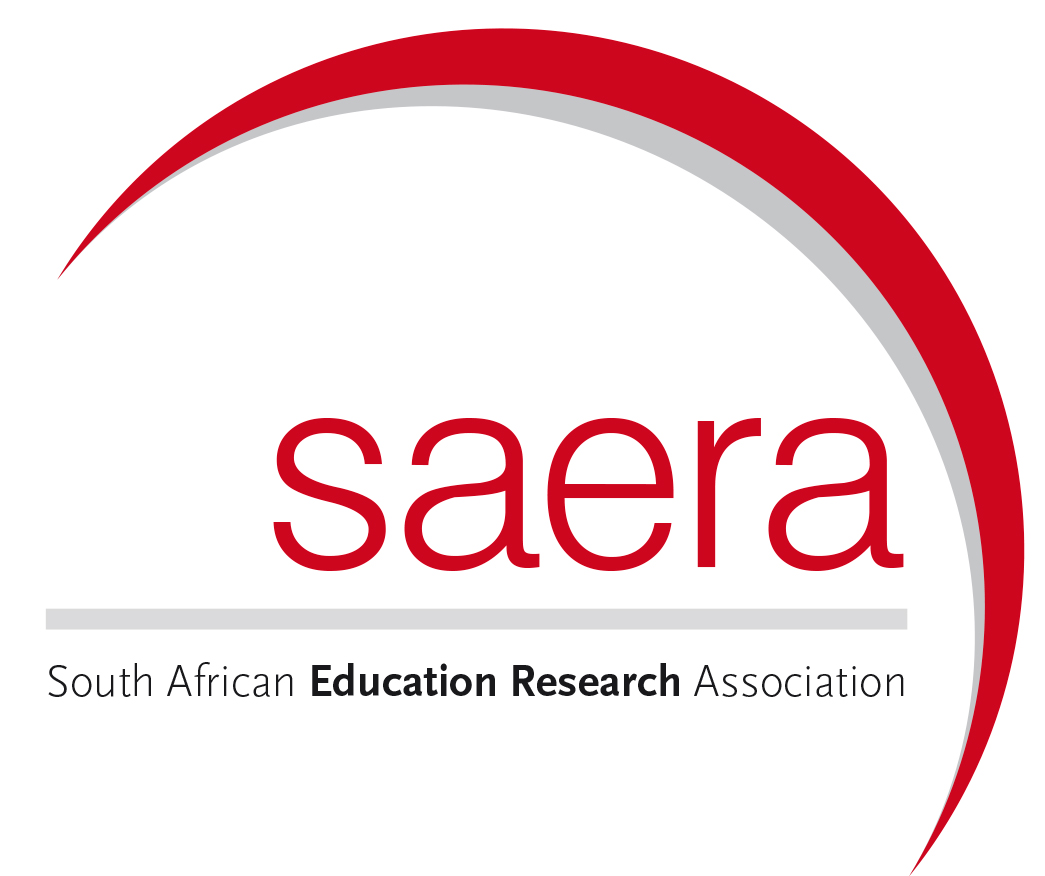Original Research - Special Collection: Neoliberal Turn in Higher Education
Neoliberalism in South African higher education language policy: A decolonial perspective
Submitted: 28 April 2024 | Published: 17 September 2024
About the author(s)
Julliet Munyaradzi, Ali Mazrui Centre for Higher Education Studies, Faculty of Education, University of Johannesburg, Johannesburg, South AfricaAbstract
The global spread and hegemony of English as a medium of teaching, learning and research has come to be closely associated with neoliberalisation of higher education in the universities across the world, and has negatively impacted on epistemic issues, especially in Global South universities. No permanent solution has been found on challenges of English hegemony, particularly in African higher education. This article adds to the advancement of neoliberal discourse in higher education in South Africa by analysing neoliberal manifestations in its higher education language policy agenda. The article used desktop analysis to assess relevant literature on mainstream neoliberal ideologies and manifestations in the language policy reform post-apartheid. Drawing on relevant literature and through critical discourse analysis, it integrated evidence from the selected sources associated with mainstream neoliberal ideologies and then analysed the neoliberal manifestations in the language policy reforms pursued in South African post-apartheid context to bring out how the neoliberal actors in the higher education sector have reconfigured neoliberal principles. The decolonial perspective premised on concepts such as coloniality of being, power and knowledge was used to critique the neoliberal manifestations in South African higher education language policy directives. The paper presents the argument that universities in the country are deeply entrenched in linguistic hierarchisation which perpetuates epistemic injustices in teaching and learning. The African higher education should endeavour to underpin its language policies in indigenous knowledge systems to help harness the African content while existing in a global space where all knowledges should be regarded as equally relevant.
Contribution: This article contributes to the emerging discourse of neoliberalism in higher education in the Global South and its impact on language policy formulation and implementation.
Keywords
Sustainable Development Goal
Metrics
Total abstract views: 592Total article views: 501
